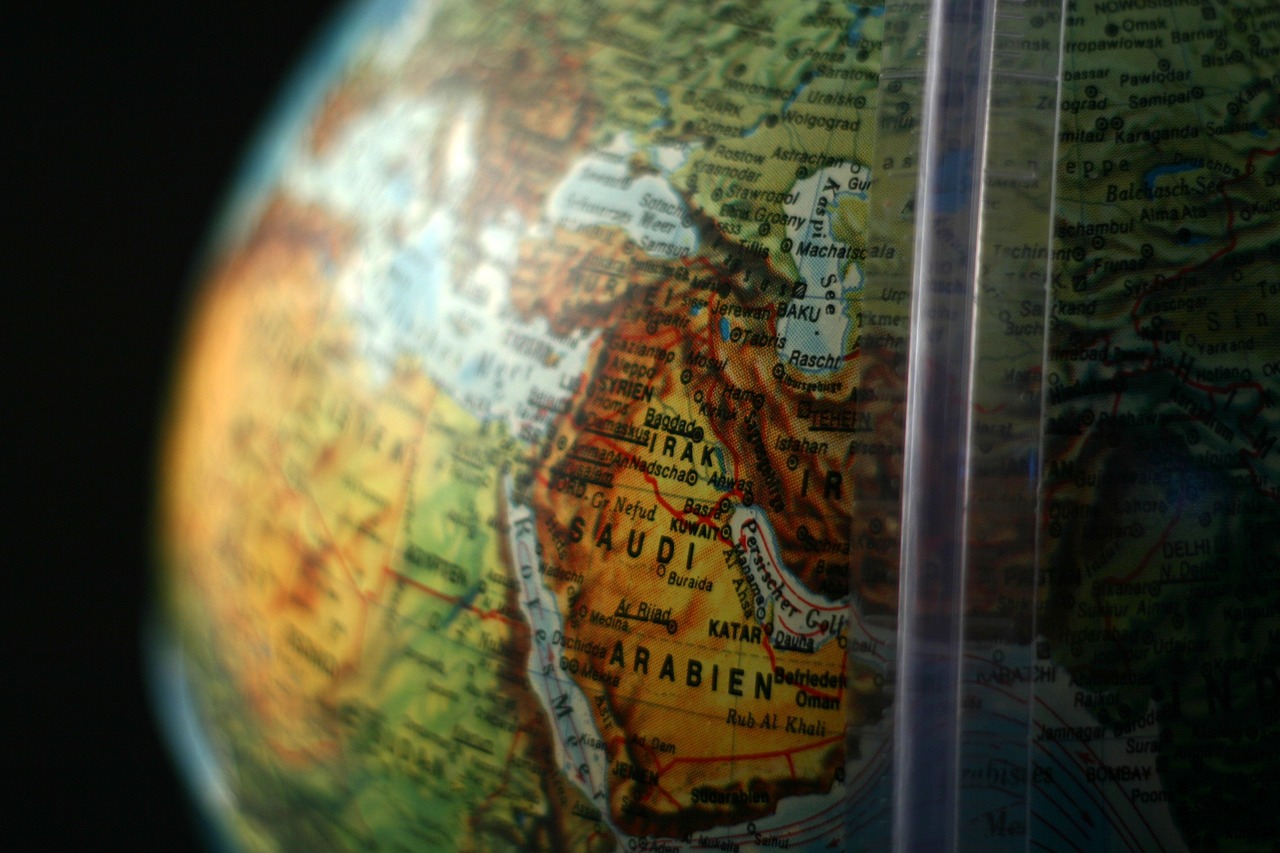CBD (cannabidiol) has gained significant popularity worldwide for its potential health benefits, leading to a growing interest in the Middle East region. However, understanding the legality and regulations surrounding CBD in the Middle East can be complex due to varying laws and cultural perspectives. In this blog post, we will delve into the popularity and legality of CBD in the Middle East, shedding light on the current landscape and helping you navigate the nuances.
The Rise of CBD Popularity in the Middle East
The Middle East has witnessed a surge in interest and demand for CBD products in recent years. This can be attributed to the increasing awareness of CBD’s potential therapeutic properties, including its reported benefits for pain management, anxiety relief, and overall wellness. As people seek natural alternatives, CBD has emerged as a popular choice.
Understanding the Legal Status of CBD in the Middle East
CBD’s legal status in the Middle East varies from country to country. Some countries have embraced CBD for medical purposes, while others have stricter regulations due to its association with cannabis. It is crucial to research and understand the specific laws and regulations of each country within the region.
Countries Embracing Medical CBD
Several countries in the Middle East have legalized the use of medical CBD under certain conditions. For example, Israel has been at the forefront of cannabis research and allows the use of medical cannabis, including CBD, for specific medical conditions. Other countries, such as Lebanon and Jordan, have also taken steps towards legalizing medical cannabis and exploring its potential benefits.
Strict Regulations on THC Content
One common aspect across the Middle East is the strict regulation of THC (tetrahydrocannabinol), the psychoactive compound found in cannabis. Most countries maintain a zero-tolerance policy for THC, emphasizing the importance of ensuring CBD products have non-detectable levels of THC to comply with legal requirements.
Cultural Perspectives and Awareness
Cultural perspectives play a significant role in shaping the CBD landscape in the Middle East. Some countries may view CBD with caution due to its association with cannabis, while others are more open to exploring its potential benefits. Increasing awareness and education about CBD’s distinctions from THC can help shift perceptions and promote acceptance.
Importing and Exporting CBD Products
It is important to note that importing and exporting CBD products across international borders within the Middle East can be challenging due to varying regulations. Strict customs procedures and the need for proper documentation are essential when navigating these processes.
Potential Future Developments
As the global understanding of CBD expands, it is likely that the Middle East will witness further developments in CBD regulations. Continued research, public discourse, and evolving medical perspectives may contribute to more comprehensive frameworks and acceptance of CBD within the region.
CBD’s popularity in the Middle East continues to grow, driven by its potential health benefits and natural properties. While the legal landscape for CBD varies across the region, with some countries embracing medical CBD and others maintaining stricter regulations, it is crucial to stay informed about the specific laws and regulations of each country. As awareness and education surrounding CBD increase, the Middle East may witness future developments in CBD legality. It is essential to navigate the CBD market in the Middle East with a clear understanding of local regulations and cultural sensitivities, ensuring compliance and responsible use.




